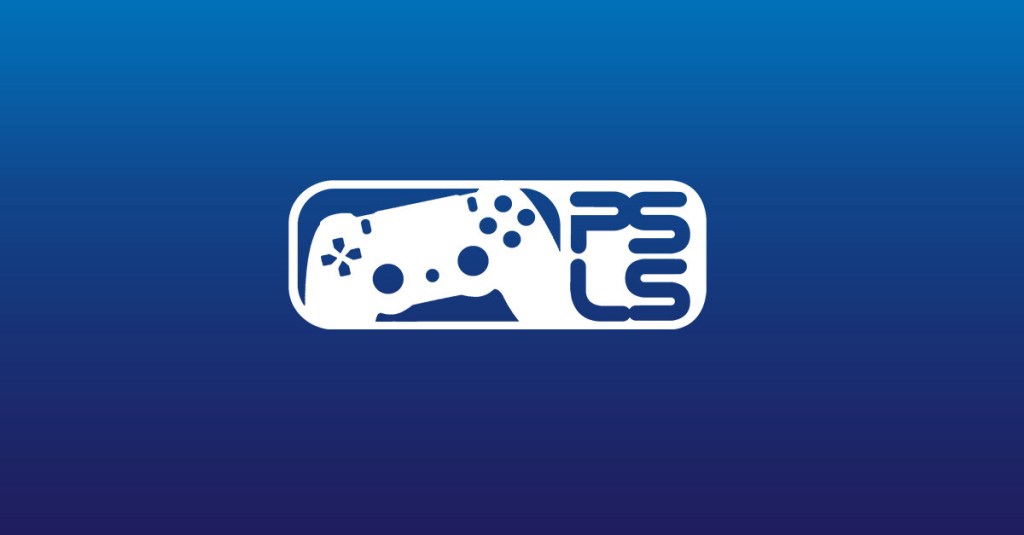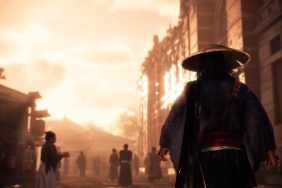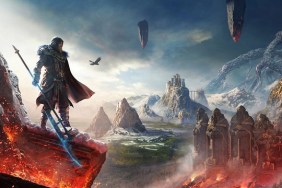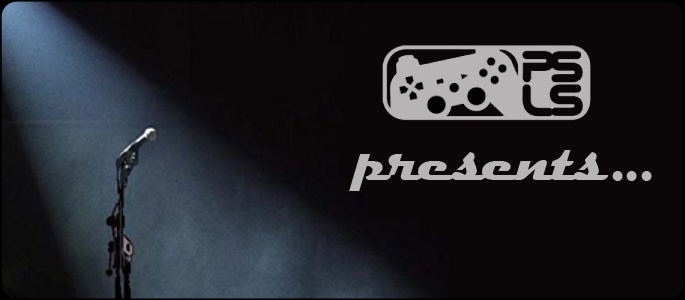
Mike Reagan is one of the games industry’s most renowned composers, having won an Interactive Academy Award, the Game Audio Network Guild’s Music of the Year award, and Best Original Soundtrack for his work on the God of War series. Mike is also known for his scores in such games as Darksiders, Darkwatch and Conan. PlayStation LifeStyle chatted with Mike to discuss his music, his influences, and his future work – including the upcoming God of War: Ghost of Sparta.
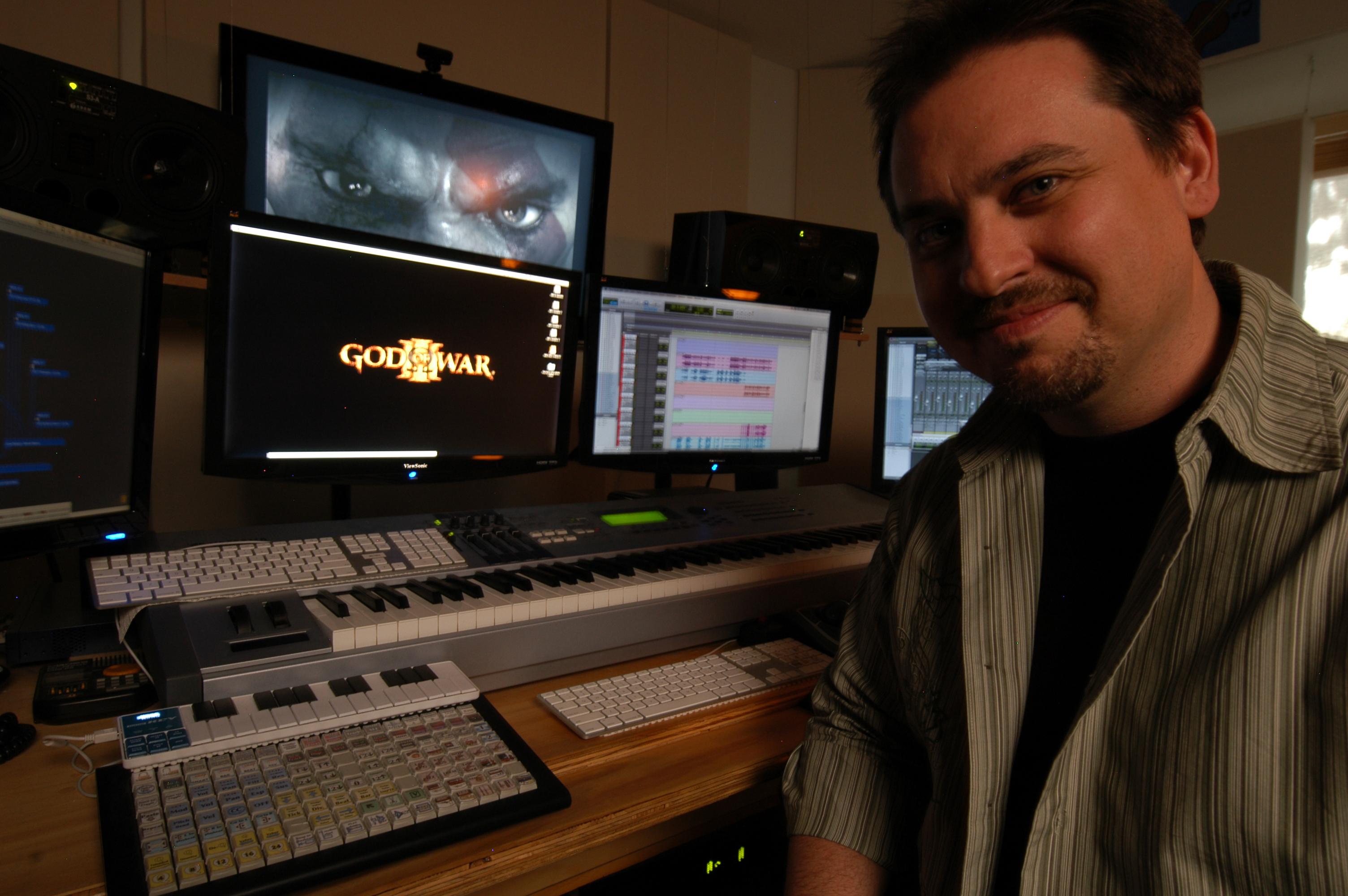 PSLS: Hi Mike, could you tell us a bit about yourself and the different games soundtracks have you been involved in?
PSLS: Hi Mike, could you tell us a bit about yourself and the different games soundtracks have you been involved in?
MR: After attending Berklee College of Music in Boston, I returned to Los Angeles and got a job working as a Sound Effects Designer on games and feature films. I was doing that up until ten years ago, when I decided to roll the dice and follow my passion in becoming a composer. Since then, I’ve been fortunate enough to work on such great games like the God of War franchise, Darksiders and cartoon series’ like Ape Escape and Wow Wow Wubbzy!
PSLS: Which composers most influence your music (either contemporary or non-contemporary, and either game-related or not)?
MR: Bernard Hermann is definitely high on the list of composers that continue to inspire me. I love the story of how a young Martin Scorsese approached him to do a score for Taxi Driver. Of course at this point, Bernard Hermann is quite a legend having done Citizen Kane and all the great Hitchcocks, etc., upon hearing this he shoots back, “I don’t do films about taxi drivers.” And Scorsese said, “No, no, no, it’s not that type of film.” Scorsese eventually got him to watch a rough cut and of course, Bernard realized the genius behind it and gave it one of my all time favorite scores. He died shortly after completing it — what a film to go out on.
PSLS: When you are collaborating with several other composers in a game, how do you ensure the score flows from track to track? Is it difficult to mesh the styles of each composer?
MR: The God of War trilogy is really the only group of projects I’ve worked on that have involved a handful of composers. Thankfully, the team at Sony acted as the median between composers and developers. They make it so easy, giving us as much time as possible to focus on writing and being creative. They’re the ones that ensure consistency among composers for these situations.
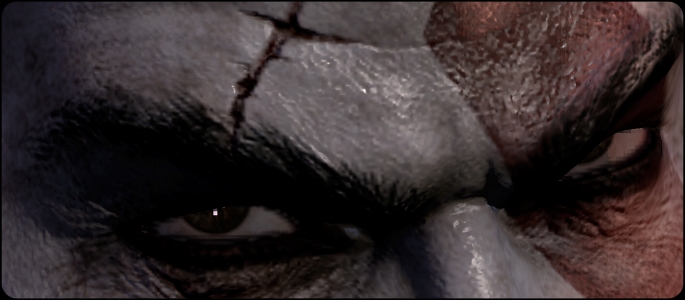
PSLS: How did working with different game directors for each iteration of games from the same series change your approach to composing the music for each title?
MR: I think each game director had a slightly different approach for God of War, but ultimately the score that we defined for the first game continued to flourish as a sound throughout the series.
PSLS: Which is your favourite instrument to write for?
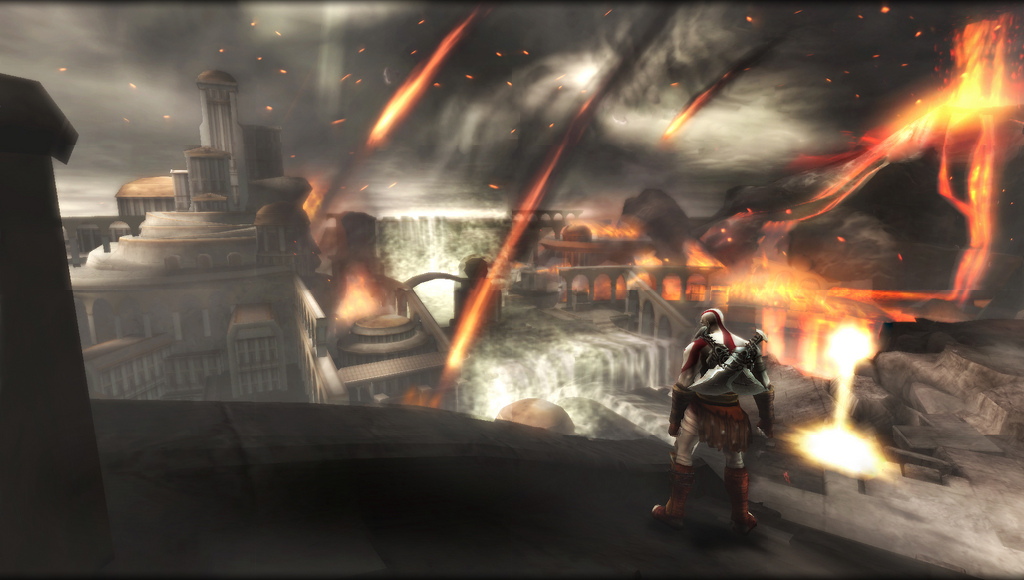 MR: That’s a tough question. There’s a tremendous amount of creative satisfaction writing for strings, brass, and choir – or any large group for that matter, because the life that musicians breathe into a score always goes beyond my expectations as a writer. That said, I really enjoy writing music to be played in non-traditional ways. For example, in the upcoming God of War: The Ghost of Sparta, you’ll hear a hammered dulcimer played with a bow with string bends, a didgeridoo that sounds like a valved instrument, and live cello and bass fx. There are also eerie effects with my voice that are beat-synced in software to add more creepiness to the track. For other recent projects, there were also trips to junkyards with my good friend and world-renown recordist Peter Sullivan to record percussion with hands, sticks, and mallets. Imagine finding an empty metallic cylindrical container that measures 100 feet long by 20 feet high and dropping a pair of microphones down it’s hatch in order to record percussion played on the outside surfaces. It’s the coolest thing ever.
MR: That’s a tough question. There’s a tremendous amount of creative satisfaction writing for strings, brass, and choir – or any large group for that matter, because the life that musicians breathe into a score always goes beyond my expectations as a writer. That said, I really enjoy writing music to be played in non-traditional ways. For example, in the upcoming God of War: The Ghost of Sparta, you’ll hear a hammered dulcimer played with a bow with string bends, a didgeridoo that sounds like a valved instrument, and live cello and bass fx. There are also eerie effects with my voice that are beat-synced in software to add more creepiness to the track. For other recent projects, there were also trips to junkyards with my good friend and world-renown recordist Peter Sullivan to record percussion with hands, sticks, and mallets. Imagine finding an empty metallic cylindrical container that measures 100 feet long by 20 feet high and dropping a pair of microphones down it’s hatch in order to record percussion played on the outside surfaces. It’s the coolest thing ever.
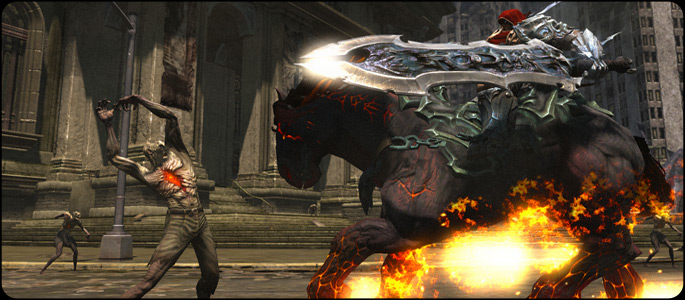
PSLS: Is it harder to compose the soundtrack for a sequel than a new game? Does what you did for a previous game influence its sequel?
MR: That’s an interesting question. They each have their own set of challenges. Writing music for a sequel is tricky. While you do want to reference—to some extent—the previous title’s music, you also want to raise the bar and avoid sounding repetitive. The music for a sequel has to be able to stand on it’s own and, in some ways, kind of out-do the previous score.
When composing music for a new game, you have the opportunity to try different things out. It becomes a process of trial and error, discovering sounds that fit perfectly and others that don’t work at all. With the freedom to take the music in any direction, it is always a unique and exciting venture.
 PSLS: Your work spans quite a range of styles; from the deep, ominous themes of the Underworld in God of War III and Darksiders to Elmo. But you seem to have a thing for the mythological third person action adventure genre. Do you prefer to work on those darker scores?
PSLS: Your work spans quite a range of styles; from the deep, ominous themes of the Underworld in God of War III and Darksiders to Elmo. But you seem to have a thing for the mythological third person action adventure genre. Do you prefer to work on those darker scores?
MR: I really enjoy that genre, but I can’t really say that I prefer one type of style to another. I will say that once you’ve scored a hit, you’re going to see more and more of the same opportunities. So, it’s wise to stay conscious of this and pick a variety of projects.
PSLS: We have been hearing a rash of musicians lately accidentally revealing details about upcoming games, even ones that have not been formally announced yet. Have you ever had a hard time keeping from revealing details of games that you are working on that are still unannounced, or that you can’t talk about yet?
MR: As much as I’d like to tell fans about what I’m working on, I know I’d be doing them and my clients a disservice. Being surprised by the f inished product will have much more of an impact than playing through the game already knowing what to expect. Not to mention I’d be violating my NDA, haha.
inished product will have much more of an impact than playing through the game already knowing what to expect. Not to mention I’d be violating my NDA, haha.
PSLS: Technology has changed quite a bit from the time you began composing game music. Obviously things changed a lot from earlier consoles like the NES to more “modern” consoles like the PlayStation family. From your perspective, were there any things that you couldn’t do musically because of hardware limitations on the PS2 vs. the PS3?
MR: Back when we used consoles as samplers, we had to create instrument sets in the hardware and trigger them with MIDI. I got into the business during the days of Super Nintendo, and hung on for the ride through Sega Genesis, Sega CD, Sega Saturn, PlayStation 1,2,and 3, and Xbox and the Xbox 360. The process was limiting, but it taught us all certain skill sets – most importantly the attention to detail needed to overcome these limitations. So, back in the day it was more time consuming and tougher to pull off a score that sounded big and live – especially with under 1 megabyte of RAM. Yeah, that’s right… I said it… MEGAbyte.
PSLS: Do you personally play video games, and if so what is your favorite game?
MR: I believe in knowing your market and in this case, I’m lucky the products are so much fun. I got back into playing games again last year, and really enjoyed Uncharted 2, InFamous, and Darksiders. I also enjoyed playing through God of War 3… and can’t wait to get my hands on Red Dead Redemption. It’s important to play games in order to write for them. Not only from a technical point of view, but there are just so many great game scores out there.
PlayStation LifeStyle would like to thank Mike Reagan and Top Dollar PR for taking the time to hold the interview. Stay tuned to PSLS for more PlayStation news, reviews and interviews.
